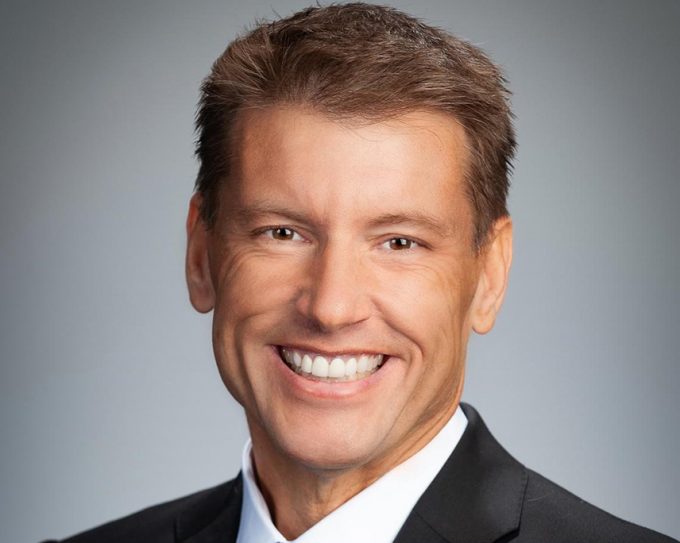The US flags a most convenient way to boost its shipping fleet
In the early days of the Houthis’ Red Sea denial, the rebel militia, known to ...

Hessel Verhage could have hoped for a better start to his new role – whereas global trade was humming and the US economy on a roll 12 months ago, DB Schenker’s new CEO for the Americas region assumed his mantle as international trade is contracting ...
Four crew members still missing as Wan Hai 503 continues to burn
Explosions and 'out-of-control' fire reported on Wan Hai box ship
Predatory rivals circle as the ripples from DSV's Schenker buy widen
MSC Elsa crew face criminal probe, as Wan Hai 503 firefighters battle on
'It's driving us mad', say forwarders as US court fails to end tariff turmoil
Transpacific rates ease as capacity boost proves too much for trades to digest
European port congestion easing – for now
CMA CGM 'testing the water' of the Suez Canal for more services
Flexport: Sanne Manders talks profitability, fire-sales and Dave Clark
More legal trouble in India for MSC: feeder vessel detained after box ship disasters
DSV insiders hit back at Kuehne & DHL GF – got a 'pro integration' going
Latest Israeli attack on Iran a threat to box ships in Straits of Hormuz

Comment on this article